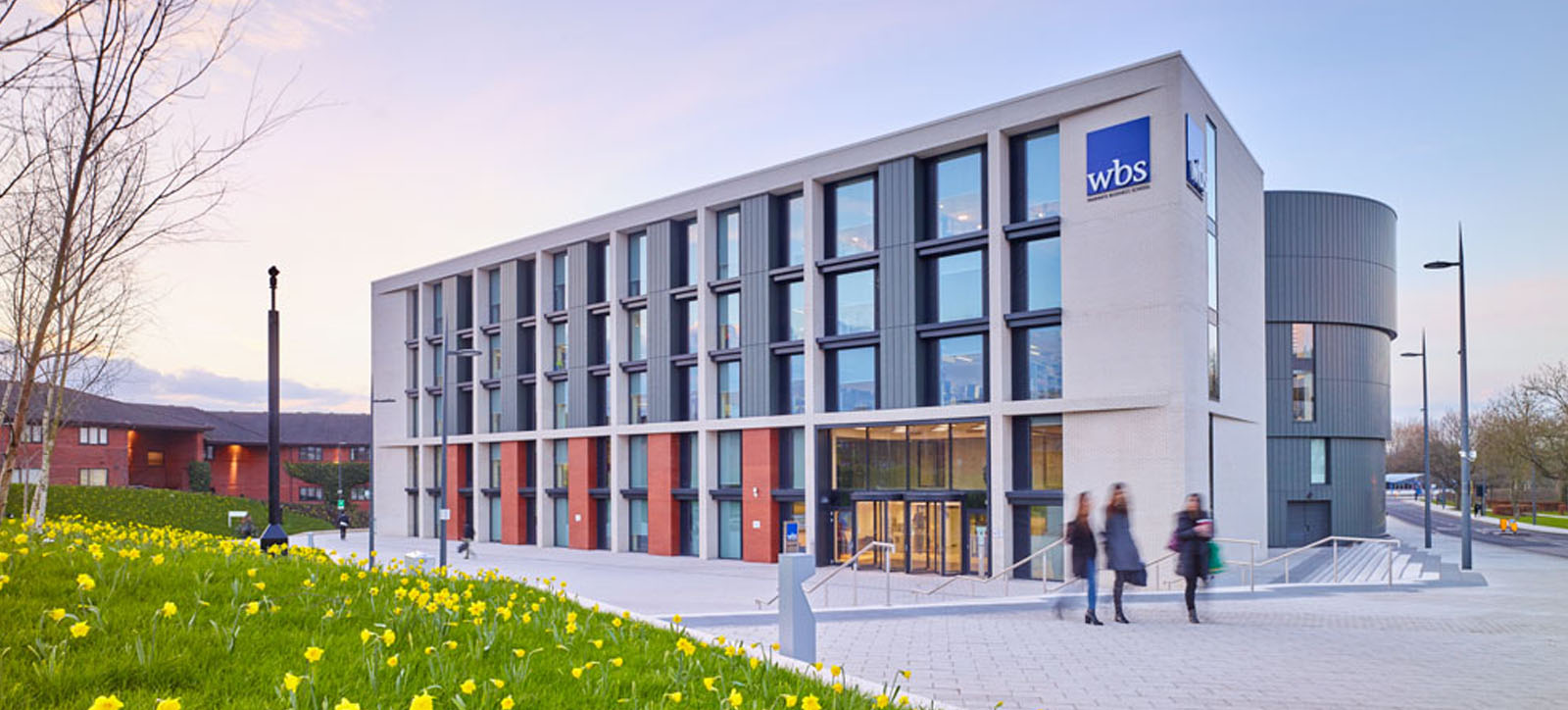
- Data Science for Social Good Fellowships in UK for the first time
- University of Warwick to host the Fellowships with Alan Turing Institute
- More than 60 projects have helped organisations all over the world
- Applications for projects from non-profits and governments also open
The deadline for applications to the Data Science for Social Good Summer Fellowship is fast approaching.
Interested graduates and undergraduates have until January 31 to apply for the initiative pioneered by the University of Chicago, which, for the first time will have a UK base thanks to a collaboration between the Alan Turing Institute in London and the University of Warwick.
Warwick Business School is heavily involved with the Alan Turing Institute with several academics working there as Fellows, alongside the Department of Computer Science and Warwick Mathematical Institute, with strong strategic support from the central University of Warwick.
Since 2013, more than 200 graduate and undergraduate students studying in computer science, social sciences, statistics, public policy and other quantitative fields have spent their summers with Data Science for Social Good (DSSG), at the University of Chicago.
It trains aspiring data scientists to work on data mining, machine learning, big data and data science projects with social impact.
Fellows work with non-profit and government partners around the world and each of the more than 60 projects to date have helped these organisations do more with data, improving their services, interventions and outreach so that they can fulfill their mission of bettering the world and people’s lives.
Last year was the first truly global year of the initiative, with co-ordinated programmes running simultaneously in Chicago and Portugal.
A total of 38 fellows and 10 projects created data-driven solutions for critical challenges such as workplace safety, early diabetes screening, repeated incarceration, traffic fatalities and injuries, student dropout, and tenant harassment with partners in El Salvador, Indonesia, Chile, Croatia, Italy and the US.
Several past DSSG projects have been implemented by project partners, such as a data-driven early intervention system for police officers at risk of negative interactions with the public, is now used by police departments in Nashville, and Charlotte and has been licensed by Benchmark Analytics.
In addition, a project to identify children at risk of lead poisoning in Chicago evolved into LeadSafe, an API available to hospitals and health networks that provides paediatricians with warnings and recommendations for prevention.
The Alan Turing Institute’s vision to advance research for public good, and commitment to train the next generation of leaders is directly aligned with DSSG’s own goal to produce data scientists with strong skills in solving real-world problems and an understanding, excitement, and passion for solving problems with social impact.
The DSSG Fellowships will take place at the University of Warwick with opening and closing events held at The Alan Turing Institute in London and there will be opportunities to visit the Turing throughout.
In addition, the UK Office for National Statistics (ONS) Data Science Campus as a partner of the Turing and University of Warwick is delighted to be supporting this initiative. It will be involved in providing technical support and resource that will aid in the planning and delivery of the summer school in 2019.
How to apply for a DSSG Fellowship in the UK
Starting today, students interested in becoming 2019 DSSG fellows can apply for the programme at https://dssg.uchicago.edu/.
Current or recently-graduated undergraduate and graduate students are eligible for the fellowship and the programme is open to students worldwide. All programmes will use a common application process, with location assignments determined after acceptance. DSSG fellows make a full-time commitment and receive a stipend to cover expenses. For more information, visit the DSSG FAQ.
DSSG 2019 also seeks paid, full-time technical mentors and project managers for the coming summer (three months fixed-term).
Mentors typically have a strong technical background, typically a PhD in data science, computer science, statistics, social science, or public policy and several years of industry experience.
Project managers have a strong technical background and exposure to technology or data science projects, and several years of industry or consulting experience.
Non-profits and government organisations interested in providing a project for DSSG 2019 are also encouraged to apply at https://dssg.uchicago.edu/.
The ideal DSSG project features an important problem with high social impact that can be addressed with data and expertise provided by the project partner or partners. If you have an idea for a project but have questions about its suitability, contact partnerships@turing.ac.uk.




 X
X Facebook
Facebook LinkedIn
LinkedIn YouTube
YouTube Instagram
Instagram Tiktok
Tiktok